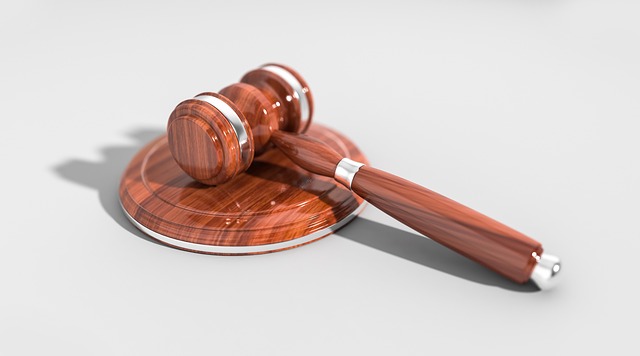Recent criminal law reforms address historical inequities and focus on victim rights, marginalized communities, restorative justice, digital forensics, mental health services, and technology integration. Understanding individual rights is crucial for navigating legal proceedings. High-profile cases influence public perception and set precedents, while technology enhances investigation, prosecution, and access to justice, revolutionizing criminal law administration.
“Stay informed with the latest developments in criminal law. Our comprehensive article delves into key areas shaping legal landscapes worldwide. Explore the impact of recent reforms and how they’re transforming criminal proceedings, uncovering rights protections for individuals involved. We analyze high-profile cases that have set precedents and examine the role of technology in enhancing—or complicating—criminal justice systems. Discover insights from global trends to local practices, all woven into the fabric of criminal law.”
- Latest Criminal Law Reforms and Their Impact
- Understanding Rights in Criminal Proceedings
- High-Profile Cases Shaping Legal Landscape
- The Role of Technology in Criminal Justice
Latest Criminal Law Reforms and Their Impact

In recent years, significant reforms have been implemented in the field of criminal law, reflecting a broader societal shift towards more just and effective justice systems. These updates aim to address historical inequities and improve outcomes for all involved, particularly victims and marginalized communities. One notable trend is the increased emphasis on restorative justice practices, which focus on rehabilitation and reconciliation rather than solely punitive measures.
Reforms also include advancements in digital forensics, enhancing the reliability of evidence collection and analysis. Additionally, there’s a growing recognition of the need for mental health and substance abuse services within the criminal justice system to better address underlying causes of criminal behavior. These and other changes signal a progressive step towards a more humane and comprehensive application of criminal law.
Understanding Rights in Criminal Proceedings

In any criminal proceeding, it’s paramount for individuals to comprehend their rights. These rights are enshrined in various laws and regulations, with the primary goal of ensuring fairness and protecting the accused. One of the fundamental principles is the right to remain silent; this means an individual isn’t obligated to provide testimony that may incriminate themselves. Additionally, they have the right to legal counsel, allowing them to seek assistance from an attorney to guide them through the process and advocate for their interests.
Another crucial aspect is the right to a fair trial, where the burden of proof lies with the prosecution. This ensures that the accused receives a just hearing, free from bias or discrimination. Understanding these rights empowers individuals to navigate criminal law more effectively and know what to expect during legal proceedings.
High-Profile Cases Shaping Legal Landscape

High-profile cases often become defining moments in the legal landscape, shaping public perception and setting precedents for future criminal law decisions. These notable trials attract widespread media attention, allowing for increased scrutiny of the justice system. By examining these cases, legal experts can identify trends, loopholes, or areas that require legislative reform.
Notably, prominent cases often involve complex ethical dilemmas, novel legal arguments, or rare crimes. They can challenge the boundaries of existing laws and spark conversations about criminal justice reforms. As a result, these high-profile events significantly influence the direction and evolution of criminal law, ensuring it remains responsive to societal changes and fair in its application.
The Role of Technology in Criminal Justice

Technology plays a pivotal role in modern criminal justice systems, revolutionizing the way law enforcement agencies investigate crimes and prosecutors present cases. From advanced forensics and biometric identification to real-time surveillance and data analytics, digital tools have enhanced the efficiency and accuracy of criminal proceedings. These innovations enable investigators to gather evidence more swiftly and precisely, leading to faster resolutions and improved conviction rates.
Moreover, technology facilitates better access to justice by digitizing records, streamlining court processes, and expanding remote legal services. Online platforms allow citizens to easily report crimes, track case statuses, and even participate in virtual hearings, thereby promoting transparency and citizen engagement in the criminal law process. As technology continues to evolve, its integration into criminal justice is expected to further revolutionize legal practices, ensuring more effective and accessible administration of justice.
In conclusion, the realm of criminal law continues to evolve, driven by recent reforms that significantly impact legal proceedings and societal justice. Understanding one’s rights in these processes is paramount, as high-profile cases further shape the intricate tapestry of our legal landscape. Moreover, technology plays a game-changing role, revolutionizing how we navigate and enhance criminal justice. Staying informed about these developments is crucial for both legal professionals and folks interested in ensuring a fair and effective criminal law system.
